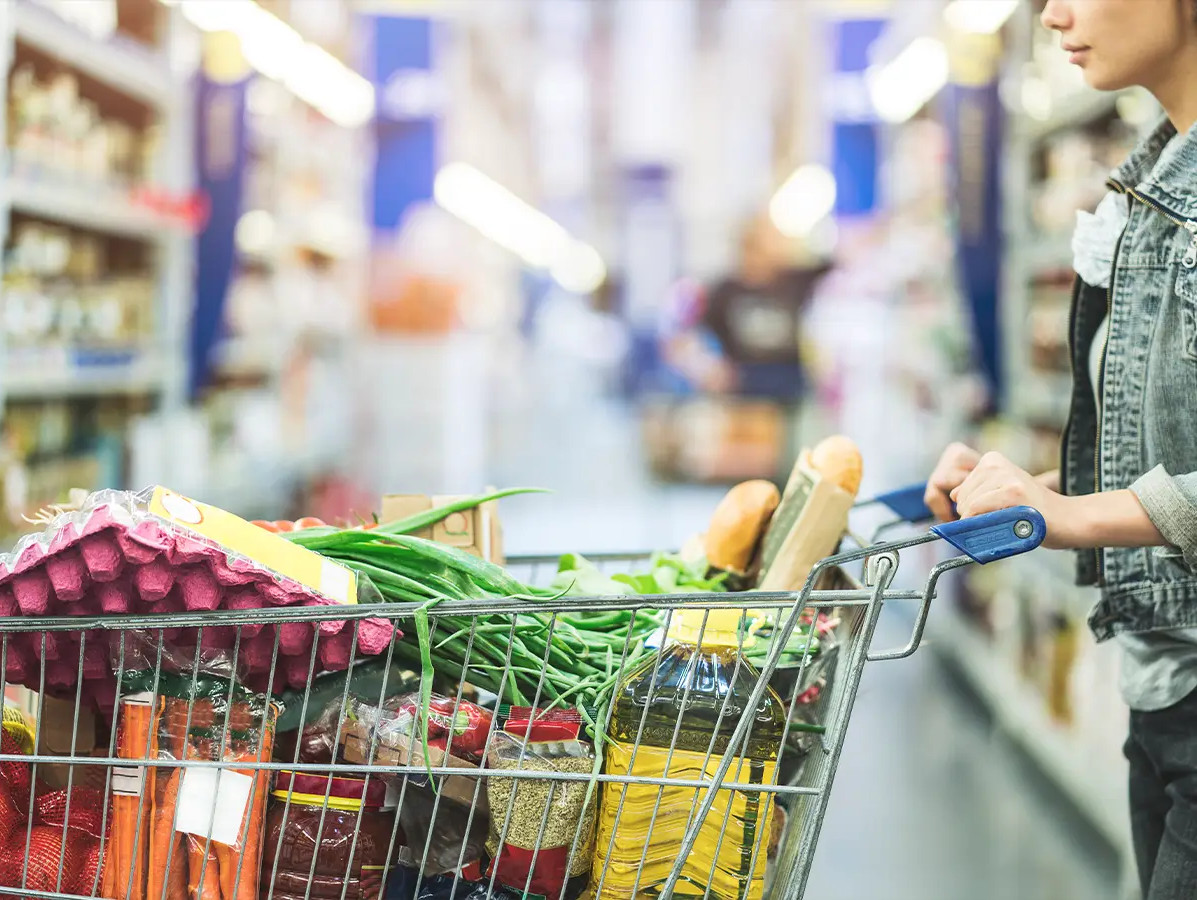
The till beeps, the receipt prints, and the customer frowns. Groceries seem more expensive than ever, yet a recent study by EFMI Business School shows that the situation in the Netherlands isn’t as bad as it appears. In fact, Dutch supermarket prices are lower than in Belgium and Germany. That might come as a surprise when you're at the self-checkout with a half-full bag that still cost thirty euros.
According to data from EUROSTAT and Superscanner, food prices in the Netherlands were 4.5% lower than in Belgium and 3.7% lower than in Germany in 2023. Only when it comes to alcohol does Germany clearly come out cheaper, with significantly lower prices. Overall, though, the conclusion is clear: from a European perspective, groceries in the Netherlands are not excessively expensive.
Interestingly, supermarkets themselves hardly benefit from rising prices. The average gross margin of 27.4% quickly evaporates once expenses like staff, rent and energy are deducted. What’s left is a net profit of just 0.7%. That’s lower than the average interest rate on savings and far from a comfortable margin.
While debates about pricing often turn into finger-pointing over “greedflation”, this report highlights that the reality is more nuanced. Supermarkets are working hard to keep costs in check through digitalisation and tight planning. Not an easy task in a market that has been under pressure for years.
So before planning a cross-border trip to stock up on cheaper cola or cheese, it may be worth taking a closer look at the numbers. Sometimes the best deal is closer to home — just down the aisle, next to the dish soap promotion.
Source: EFMI